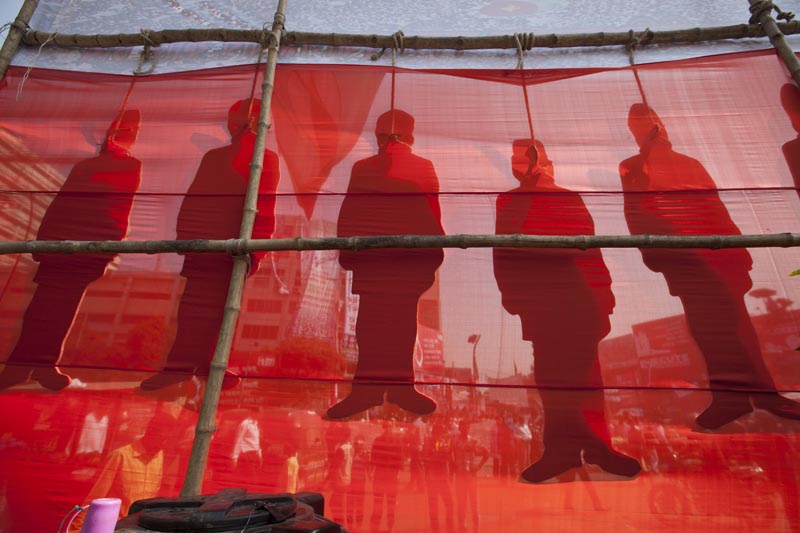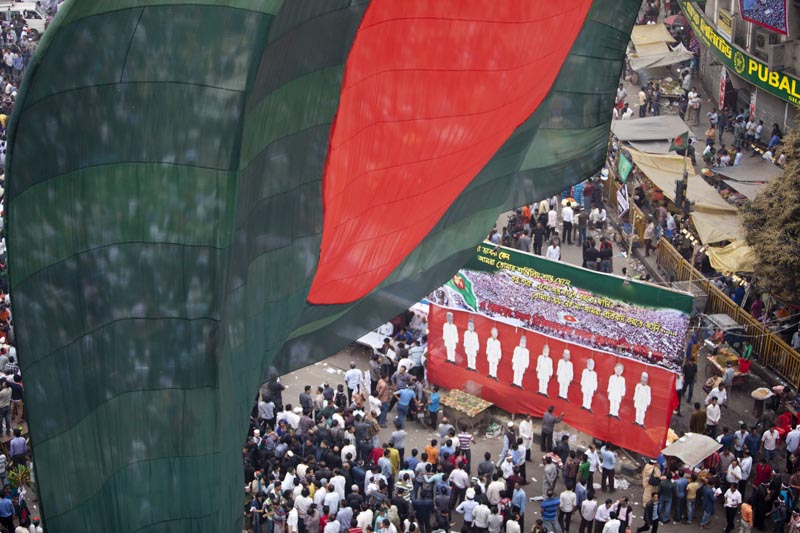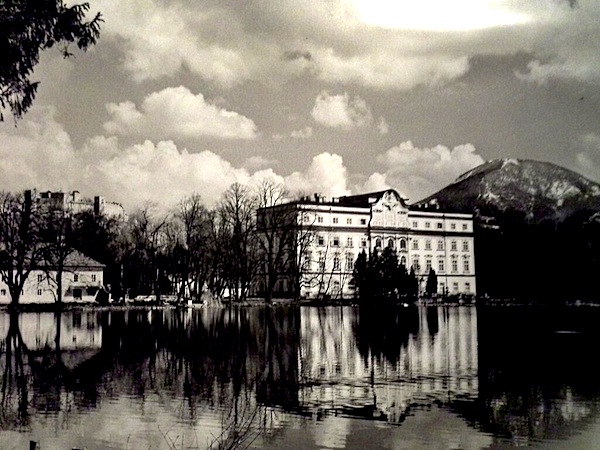By Salil Tripathi: Newsweek
 ??Shahidul Alam/Drik/Majority World for Newsweek Old ghosts stalk the streets of Dhaka. Over the past month, tens of thousands of people have gathered at Shahbag, near the National Museum in downtown Dhaka, demanding justice over the war crimes of 1971. There is a large portrait of Jahanara Imam, the ?mother of martyrs,? who lost her son during the war, and fought for justice for all those who perished. She died in 1994, but her spirit is vividly present at Shahbag. Continue reading “What Pakistan left behind”
|









